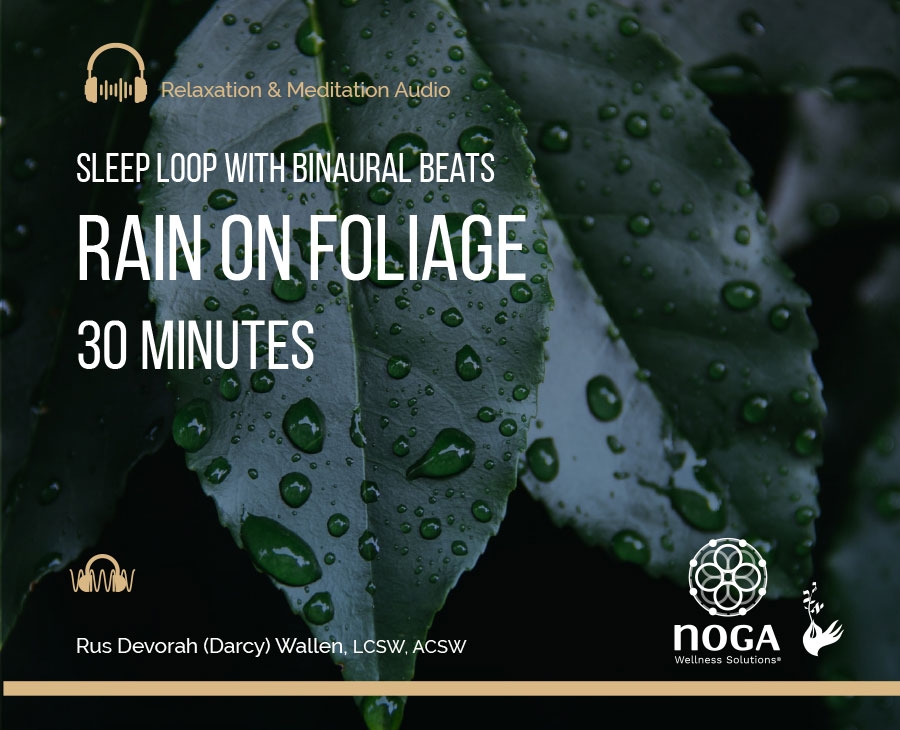Self-Care Overview
 The Eight Pillars NOGA Wellness Solutions®
The Eight Pillars NOGA Wellness Solutions®
In the previous blogs, we spoke about the importance of self-care, comparing it to sharpening an ax to be able to fell a tree. We need to sharpen and fortify ourselves through self-caring activities. According to significant studies, most of the problems we go to medical doctors for, stem from poor lifestyle habits. There are many systems that are used to help us know what to do or not to do, and each person needs to find the appropriate system that works for him or her. The system that NOGA Wellness Solutions® is based on, has eight main dimensions. Each one has subdivisions that we won’t get into here in this brief post but hopefully, they will be discussed in a future one. Here are the eight basic areas of lifestyle wellness:
1) Movement or Exercise
2) Intellectual Stimulation and Development
3) Environment and Surroundings
4) Food: What we eat, how much and when we eat
5) Stress Management: which in the work I do comprises a very large component of what I do with meditation, conscious breathing, and relaxation techniques
6) Sleep quantity and quality
7) Spirituality or Religious Involvement, and
8) Relationships and Community.
I call my work NOGA Wellness Solutions®. We try to find solutions other than simple talk therapy or even evidence-based therapies such as CBT, EMDR, DBT, etc. Often, when therapists are unable to sufficiently help their clients through acute episodes, we send our clients to psychiatrists – the MDs in our field. Psychiatrists usually provide medicinal but less often emotional or lifestyle support. In my practice, I have many people who prefer a non-medicinal, natural, or holistic approach. In such cases, if the client is able to tolerate the distress, and is very diligent in their practice, they are able to gain significant control and gain self-regulation within a very short time.
Often, people are not aware of how their daily habits can adversely affect their health and mental health. Considering the eight areas mentioned above, if someone’s habits are “off,” their physical or emotional well-being may be compromised. Here are a couple of examples. Very often when people do not sleep enough, they become irritable, moody, de-energized, angry, or unable to cope. Another example, some people eat foods that are detrimental to their emotional state and mood. Allergies and sensitivities can cause mood changes as well. People with a sensitivity to sugar may have a problem if they eat refined carbohydrates early in the day and don’t eat any other foods in between. By noon, the person may become jittery and anxious and unable to concentrate and focus on the rest of the day’s activities. We need to understand the relationship between food and mood.
So, becoming mindful of and understanding our lifestyle habits can enhance our physical and emotional wellbeing. Since I cannot be with my clients or audiences day to day, each person develops a self-care system based on various ideas we discuss that is tailored to his or her needs. The hope is that clients or students practice between meetings. People are surprised at how very small time investments can reap significant benefits. The only requirement is a small amount of self-love (see: “Im Ein Ani Li Mi Li – If I Am Not For Myself, Who Will Be For Me?”). We also spoke about one Toratherapeutics®/NOGA system, integrating body, mind, and soul, called, “The Three-Legged Stool.” (the first 3 emails I send to subscribers). The daily time commitment is nominal, and the fruits are phenomenal.
 In the next installment, we hope to focus on enhancing our sleep experience. Restful and restorative sleep is something that is irreplaceable. Enjoy our early Chanukah gift to you, good through the end of December – NOGA Sound Solutions® 30 minute sleep audio “Rain on Foliage.” For optimal benefit, use earbuds or headphones, since NOGA® sleep audios have a practically inaudible binaural beat track in the background intended to entrain your brainwaves to a sleep state. Please share your thoughts about your experience.
In the next installment, we hope to focus on enhancing our sleep experience. Restful and restorative sleep is something that is irreplaceable. Enjoy our early Chanukah gift to you, good through the end of December – NOGA Sound Solutions® 30 minute sleep audio “Rain on Foliage.” For optimal benefit, use earbuds or headphones, since NOGA® sleep audios have a practically inaudible binaural beat track in the background intended to entrain your brainwaves to a sleep state. Please share your thoughts about your experience.
CLICK HERE to download the audio for free today. (offer valid until end of December 2020)
With Gratitude,
Rus Devorah


